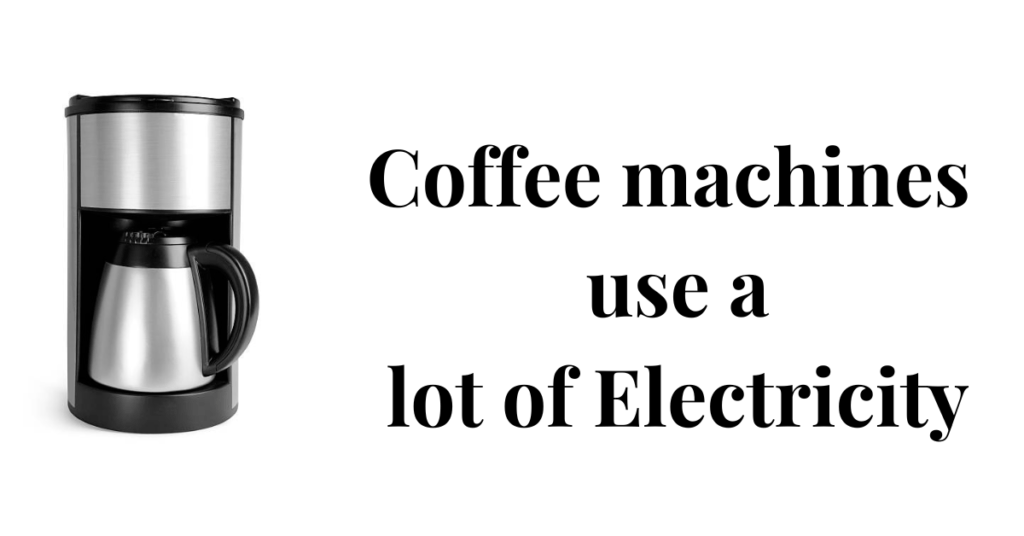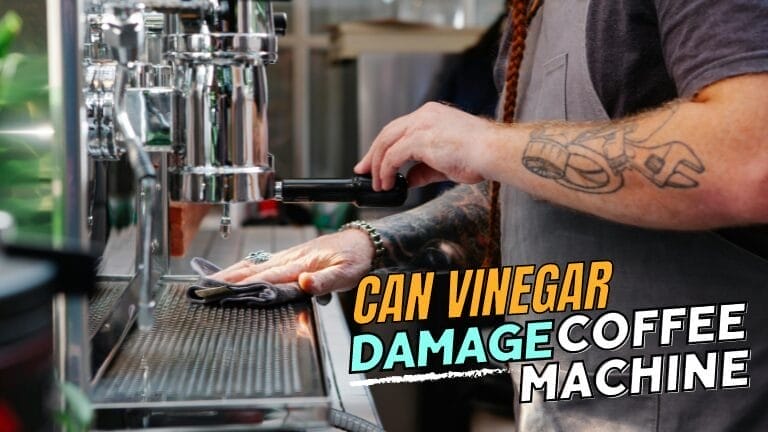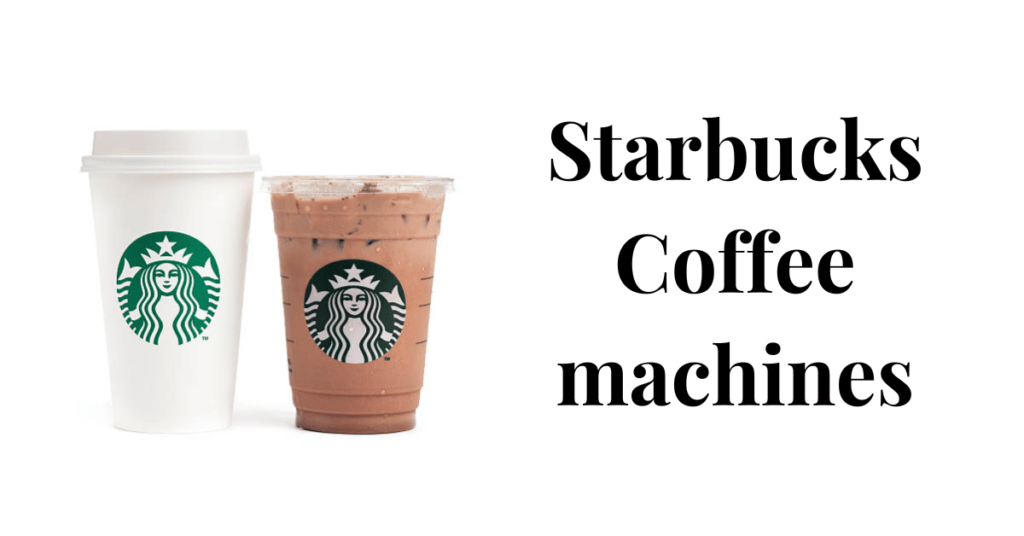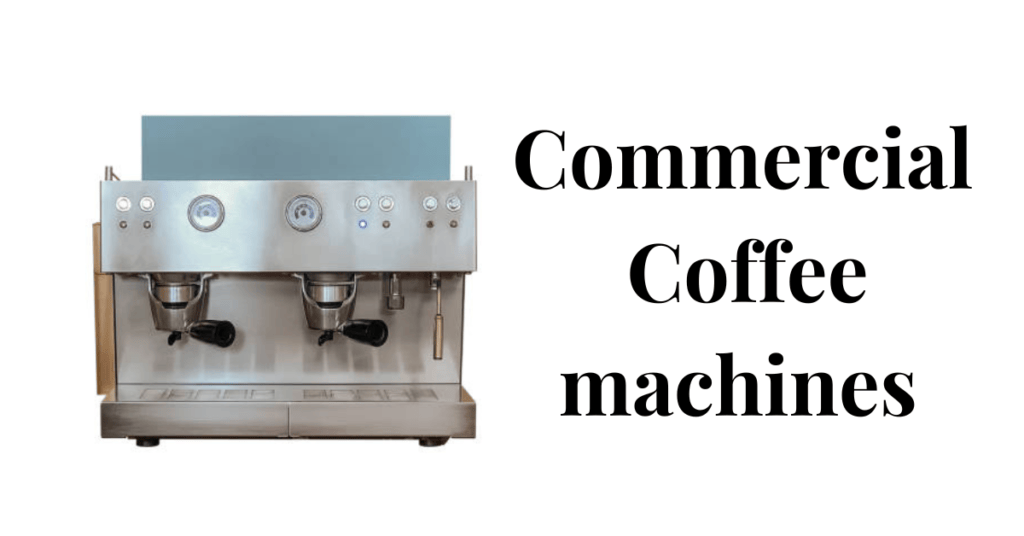Coffee makers are common in homes and offices, providing a quick caffeine boost. But can they boil water? Understanding this is important for safety and proper use. This article explores how coffee makers heat water, their mechanisms, and whether they can truly reach boiling temperatures for optimal brewing.
As an affiliate site, we are associated with the amazon. We might receive a commission when you use links or recommendations on our website to make qualified purchases. The cost you pay for the goods or services is unaffected by this.
Table of Contents
The Functionality of Coffee Makers
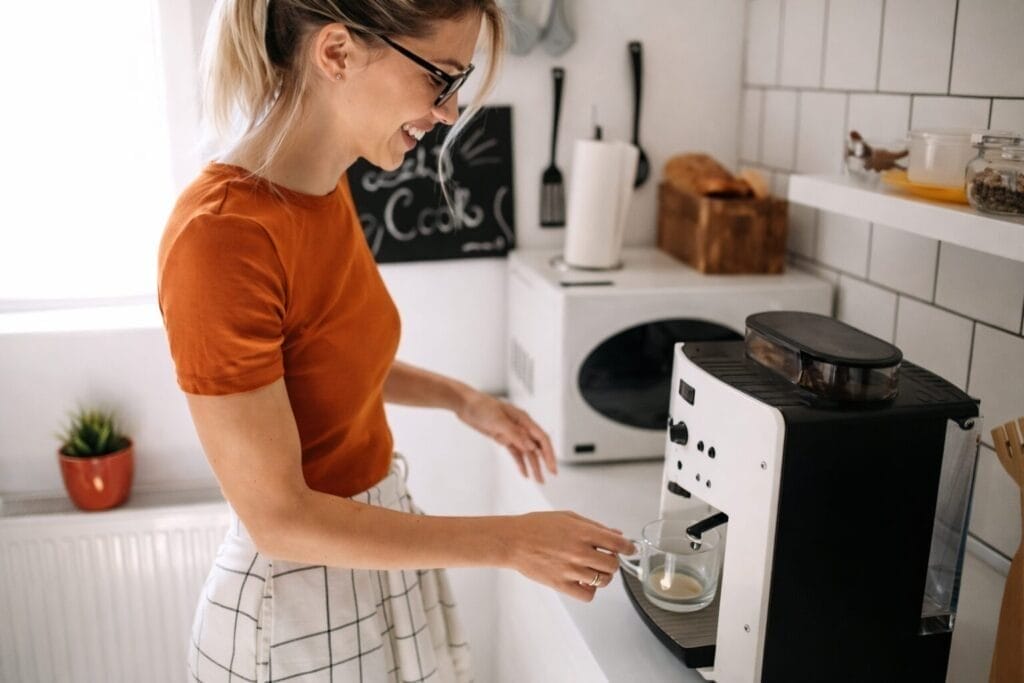
Brewmasters are those who prepare coffee! They bring the water to a boil, grind the coffee, extract flavor, and filter the brew. To satisfy your coffee desires, they provide a range of methods and features, from basic drip machines to sophisticated espresso makers, offering a brewing alternative for every preference.
How Coffee Makers Work
Coffee makers are designed to brew coffee by heating water and passing it through ground coffee beans. The basic components include a water reservoir, a heating element, a tube system, and a coffee pot. Many modern machines also feature Auto Shutoff for safety and energy efficiency once brewing is complete.
As the water temperature rises, it creates steam, which forces the hot water through a tube and into the coffee grounds. The brewed coffee then drips into the pot, ready to be enjoyed.
Heating Elements in Coffee Makers
The heating element is a crucial part of the coffee maker. It is usually made of metal and designed to heat water to a specific temperature range optimal for brewing coffee. This temperature is typically between 195°F and 205°F (90°C to 96°C). While this range is ideal for extracting flavors from coffee beans, it is below the boiling point of water, which is 212°F (100°C) at sea level.
Temperature Control
Modern coffee makers have temperature control features to ensure the water reaches the optimal brewing temperature. These features prevent the water from boiling, which can Burn Coffee and ruin its flavor. Instead, coffee makers maintain a consistent temperature to extract the best flavor profile from the grounds.
Can Coffee Makers Boil Water?

The majority of coffee makers do not heat water. They heat it to a precise temperature perfect for making coffee—typically slightly below boiling. Its functionality and the flavor of your coffee may be impacted if you use it to boil water.
The Science of Boiling Water
Boiling water occurs when it reaches 212°F (100°C) at sea level. Water molecules have enough energy to break free from the liquid state and become steam at this temperature. This process requires significant heat energy, so boiling water takes longer than simply heating it to a lower temperature.
Why Coffee Makers Don’t Boil Water
Coffee makers are not designed to boil water. Their heating elements and temperature control systems are calibrated to heat water below the boiling point. This design ensures that the water is hot enough to brew coffee effectively without boiling.
Boiling water can cause over-extraction of coffee grounds, resulting in a bitter taste. Additionally, boiling water in a coffee maker can be unsafe, as it increases the risk of scalding and damage to the machine.
Exceptions to the Rule
While standard drip coffee makers do not boil water, some specialized coffee machines, such as certain espresso machines and single-serve pod machines, can heat water to higher temperatures. However, even these machines typically need to reach the boiling point. Instead, they heat water to the optimal range for their brewing methods.
Practical Implications for Coffee Enthusiasts
Knowing coffee makers will help you select the ideal equipment for your brew. To extract flavor from water, one must be aware of its temperature. Optimized performance is ensured by routine cleaning. Try a variety of beans, grind sizes, and brewing techniques to find the ideal cup.
Brewing the Perfect Cup of Coffee
Understanding that coffee makers do not boil water helps brew the perfect coffee cup. Using too hot water can extract undesirable compounds from the coffee grounds, leading to a bitter taste. By heating water to just below boiling, coffee makers ensure a balanced extraction, highlighting the natural flavors of the coffee.
Safety Considerations
Safety is a significant reason why coffee makers do not boil water. Boiling water can cause steam burns and other injuries. Coffee makers are designed with safety features to prevent overheating and ensure the water is heated to a safe temperature for brewing.
Alternative Uses of Coffee Makers
Some wonder if they can use coffee makers for purposes other than brewing coffee, such as boiling water for tea or cooking instant noodles. While it is technically possible to heat water in a coffee maker for these purposes, it is not recommended. The water will not reach the boiling point, and the flavors from previous coffee brews may affect the taste of the tea or food.
More Guides You Can Read
How does Coffee Machine cost to replace: Wake up to savings
Can you run Coffee through a Coffee Maker twice: Avoid the Double Trouble
How does a Commercial Coffee Machine Work: Engineered to Extract: The Artistry of Coffee Machines
Can Coffee Pods be used without a Machine: Coffee Pods: No machine needed, just your favorite mug
Does Coffee Machine Matter: Brewing Perfection: Why Your Coffee Machine Matters
FAQs || Coffee Makers Boil Water
Can I Use a Coffee Maker to Boil Water?
No, coffee makers are not designed to boil water. They heat water just below the boiling point, sufficient for brewing coffee but not for boiling water.
Why Doesn’t My Coffee Maker Boil Water?
Coffee makers have temperature control features that prevent the water from reaching the boiling point. This design ensures optimal brewing temperature and safety.
Can I Use a Coffee Maker to Make Tea?
Yes, you can use a coffee maker to heat water for tea, but the water will not boil. This may affect the brewing process and flavor of some types of tea.
Is It Safe to Leave Water in a Coffee Maker Overnight?
It is generally safe to leave water in a coffee maker overnight, but using fresh water for each brew is recommended to ensure the best flavor and hygiene.
Can Boiling Water Damage My Coffee Maker?
Yes, boiling water can damage the internal components of a coffee maker. These machines are not designed to handle the high temperatures of boiling water.
Conclusion
In conclusion, coffee makers heat water to the optimal temperature for brewing, just below boiling. While they do not boil water, this ensures the best flavor extraction and safety. Understanding their functionality helps you Filter Coffee effectively and brew the perfect cup, adding appreciation for these essential kitchen appliances.


